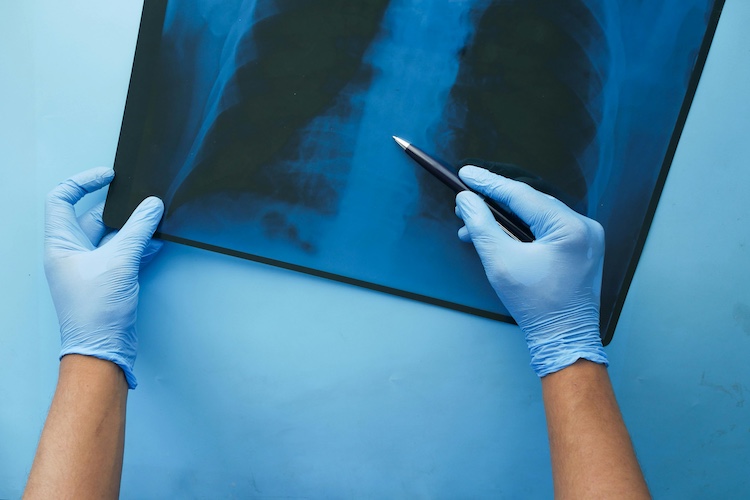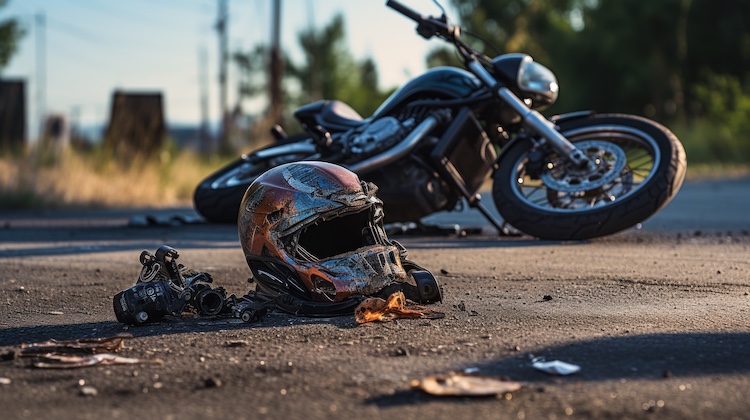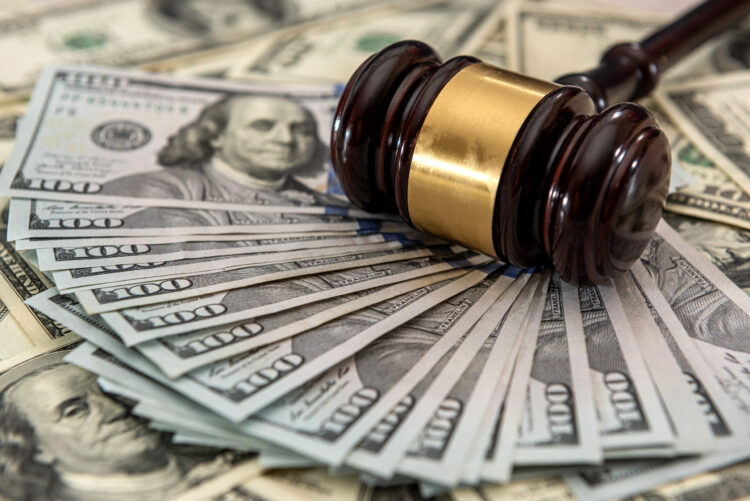
- OVERALL CATEGORY - Uncategorized
Bitten by a Dog in Coronado Being bitten by a dog is a traumatic experience that can lead to physical injuries and long-term emotional distress. If you or someone you know has been bitten in Coronado, California, it is crucial to take immediate and

- OVERALL CATEGORY - Dog Bite Injury, Dog Bites
Does Insurance Cover Dog Bites in San Diego? If you have been bitten by a dog in San Diego, you may be wondering what your legal recourse is, do you have a legal claim against the dog owner? Who will pay for your damages? Does insurance cover dog bites in San

- OVERALL CATEGORY - Dog Bite Injury
San Diego If you have been attacked and injured by a dog in San Diego, the experience can be traumatic and overwhelming. Understanding the necessary steps to protect your health, legal rights, and financial well-being is crucial. This guide outlines immediate

- OVERALL CATEGORY - Medical Experts, Uncategorized
Personal Injury Medical Experts In any personal injury case, proving the full extent of your injuries is essential to securing fair compensation. While photographs, witness statements, and accident reports provide important context, nothing carries more weight

- OVERALL CATEGORY - Uncategorized
Pain and Suffering in a San Diego Personal Injury Case When you’ve been injured in an accident caused by someone else’s negligence, the financial losses—such as medical bills and lost income—are often easy to quantify. These are called “economic

- OVERALL CATEGORY - Uncategorized
Injured in an Accident in San Diego Being injured in an accident can turn your life upside down in an instant. Medical bills start piling up, your ability to work may be affected, and the emotional toll can be overwhelming. In such situations, many people wonder:

- OVERALL CATEGORY - Uncategorized
Motorcycle Accident in San Diego Motorcycle accidents can be devastating, often resulting in serious injuries that impact every aspect of your life. If you have been injured in a motorcycle accident in San Diego, taking the right steps immediately afterward

- OVERALL CATEGORY - Case Worth, Personal Injury
How Do You Know What Your Personal Injury Case is Worth? If you have been injured in an accident, one of the first questions you probably have is: "How much is my personal injury case worth?" The answer isn’t simple. Several factors determine the value of a

- OVERALL CATEGORY - Accident Settlements, Uncategorized
Accident Settlements in San Diego Accidents happen when we least expect them, and no one wakes up in the morning expecting to be involved in a crash,or having a loved one hurt in an accident. Learn more from Jassim Law a personal injury lawyer about accident
